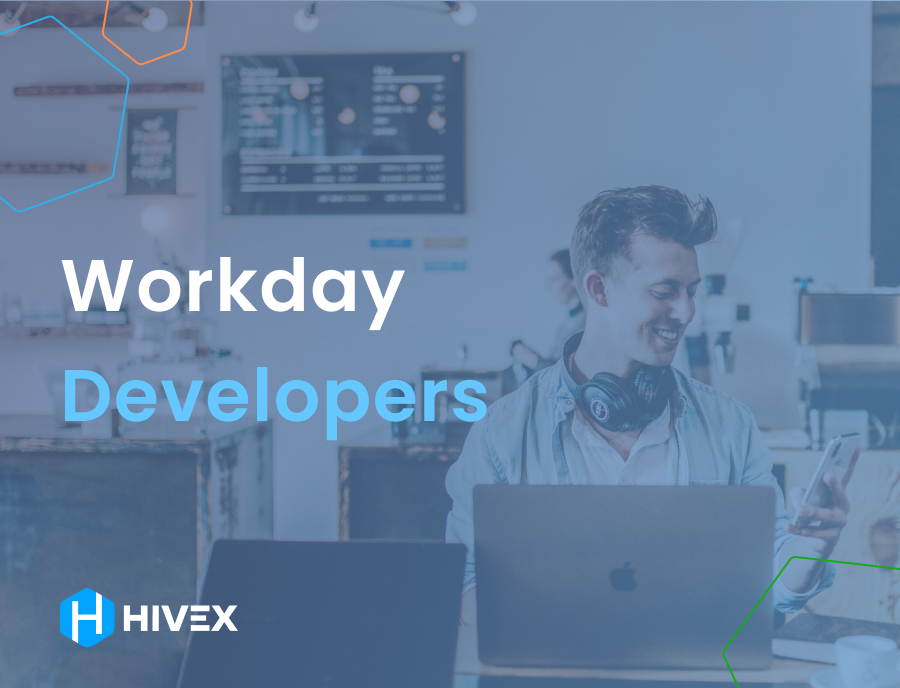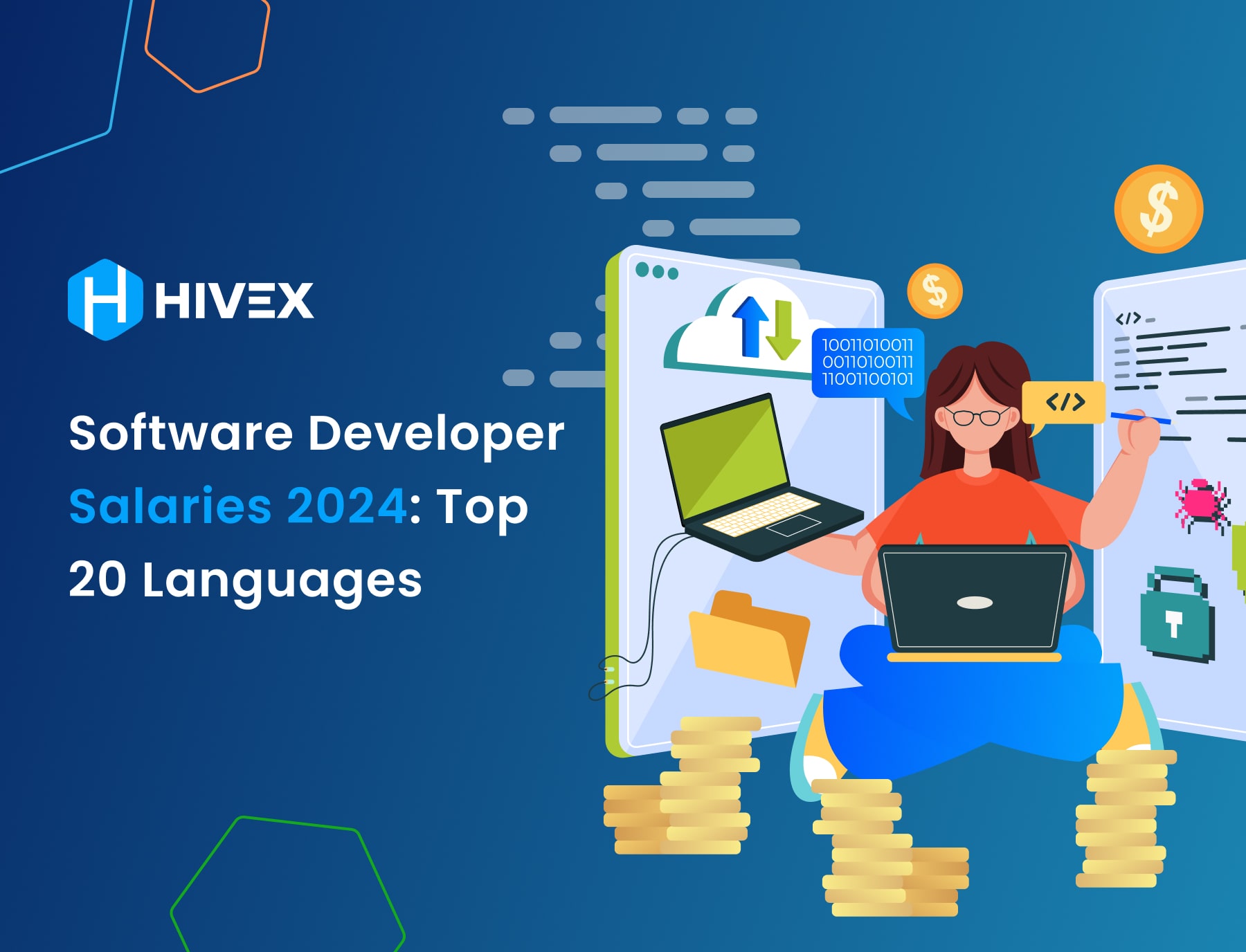Blockchain Developer Job Description: Key Responsibilities
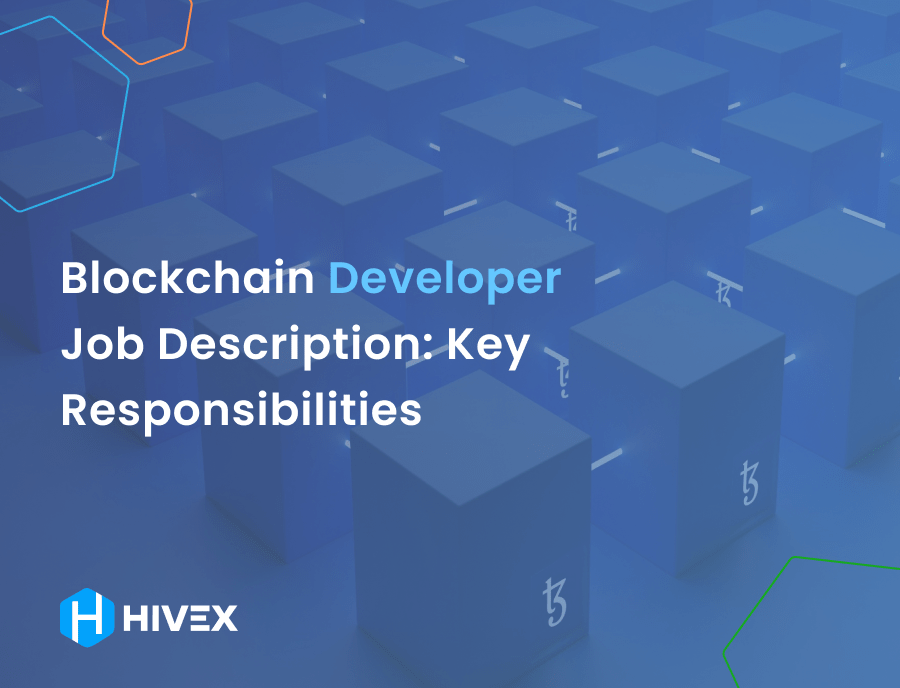
Blockchain technology has revolutionized the way we perceive digital transactions and created numerous opportunities in software development. As the demand for blockchain solutions continues to grow, so does the need for skilled professionals in this field. In this article, we will explore the key responsibilities of a blockchain developer and delve into what it takes to excel in this role.
Blockchain Technology
Before diving into the responsibilities of a blockchain developer, it’s important to grasp the fundamentals of blockchain technology.
At its core, blockchain technology is a digital distributed ledger that provides a strong foundation for securely recording and validating transactions without intermediaries.
It fosters trust and transparency, as every participant in the blockchain network can view and verify the transaction history, eliminating the risk of fraud or manipulation. Each transaction is encrypted, secured, and linked to the previous transaction, forming a chain of blocks.
“Blockchain should be used to address opportunities and problems that lack easier answers.” – Julie Sweet, CEO, Accenture
Why Blockchain Developers Are in High Demand
Blockchain developers are at the forefront of innovation and transforming industries across the globe.
Their expertise is crucial in areas such as finance, supply chain management, healthcare, and more.
By leveraging blockchain technology, these professionals create solutions that enhance security, efficiency, and transparency in these industries.
Financial Sector
For example, in the financial sector, blockchain developers build decentralized applications (DApps) that enable peer-to-peer transactions without the need for intermediaries like banks or payment processors.
This reduces transaction costs and increases trust between parties.
Healthcare
In the healthcare industry, blockchain developers revolutionize the way patient data is stored and shared.
By implementing blockchain technology, medical records can be securely stored and accessed by authorized healthcare providers, ensuring data integrity and privacy. This leads to improved patient care and streamlined processes.
Supply Chain Management
These professionals are also making significant contributions to the supply chain management sector. By utilizing blockchain technology, they create transparent and traceable supply chains, reducing the risk of counterfeit products and ensuring ethical sourcing.
This not only benefits businesses by enhancing customer trust but also promotes sustainability and fair trade practices.
You may also like: DeFi Developers: Who They Are And What They Do
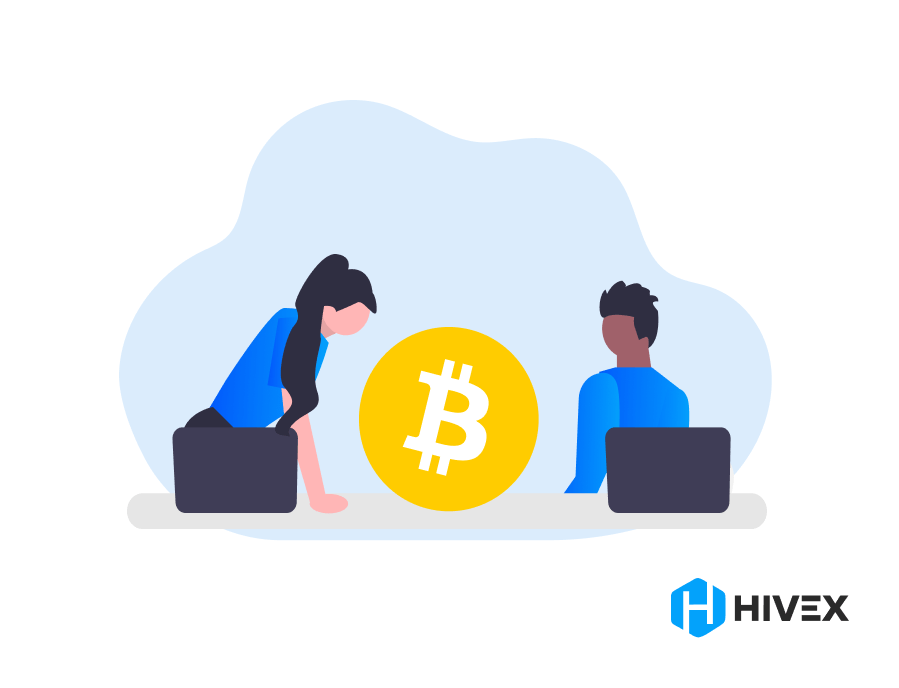
Essential Blockchain Developer Skills
To excel as a blockchain developer, there are specific technical and soft skills that are essential for success.
Technical skills required:
1. Blockchain Frameworks
Familiarity with blockchain frameworks and platforms such as Ethereum, Hyperledger, and Corda is vital. These frameworks provide a foundation for developing blockchain applications and allow developers to leverage existing tools and libraries.
2. Blockchain Architecture
A strong understanding of blockchain architecture and the ability to design scalable and efficient solutions is highly valued in the industry. Blockchain developers need to optimize performance and address potential bottlenecks in the system.
3. Programming Languages
Proficiency in programming languages such as Solidity, JavaScript, Python, and C++ is essential for blockchain development. Solidity, specifically, is the programming language used for developing smart contracts on the Ethereum platform, one of the most popular blockchain platforms.
4. Cryptography
Understanding cryptographic principles and algorithms is crucial for securing transactions and maintaining blockchain integrity. Knowledge of distributed systems and networking protocols is also necessary as blockchain technology relies on a network of nodes for consensus and data replication.
5. Data Structures
Blockchain developers need to be proficient at working with different ways of storing data, like trees, graphs, and queues. This helps them understand and use complex blockchain processes and manage data well.
Knowing how to work with these data structures means developers can deal with the challenging aspects of organizing and keeping track of blockchain data.
6. Smart Contracts
Smart contracts are agreements where the conditions are written in computer code. Being skilled at creating, testing, and putting these contracts into action, especially on platforms such as Ethereum, is a critical part of working with blockchain.
Writing smart contracts requires a strong understanding of both the programming language and the specific conditions they are designed to enforce.
7. Security Principles
Understanding how to keep things secure is crucial. Blockchain developers need to protect not just the blockchain itself but also any applications built on it. They should always be on the lookout for possible security risks, ensuring blockchain transactions and data are safe and private.
8. Experience with Distributed Systems
Having experience with distributed systems is very important. This involves knowing how networks that aren’t controlled from a single point work and how to keep them running smoothly and reliably.
This knowledge is key to ensuring the blockchain can withstand problems and attacks, which is a big reason why blockchain technology is so appealing.
Soft Skills for Success in Blockchain Development
While technical skills are essential, soft skills are equally important to succeed in a blockchain developer job.
High value is placed on the following skills:
- Strong Problem-Solving and Analytical Skills
Necessary to identify and resolve complex challenges that may arise during the development process. - Effective Communication Skills
Crucial in translating technical concepts into layman’s terms and collaborating with stakeholders. Adaptable and collaborative professionals thrive in the blockchain field, as they need to work with cross-disciplinary teams and adapt to constantly changing technology. - Attention to Details
Blockchain developers need a keen eye for detail and a passion for continuous learning. Given the rapid pace of technological advancements in the blockchain space, developers must stay updated with the latest trends and innovations to remain competitive. - Ethics and Integrity
A strong sense of ethics and integrity is essential in the blockchain industry. As blockchain deals with sensitive data and financial transactions, developers must prioritize security and privacy, ensuring that their solutions are robust and resistant to attacks.
Related reading: Solidity Developers: Job Description and Hiring Process
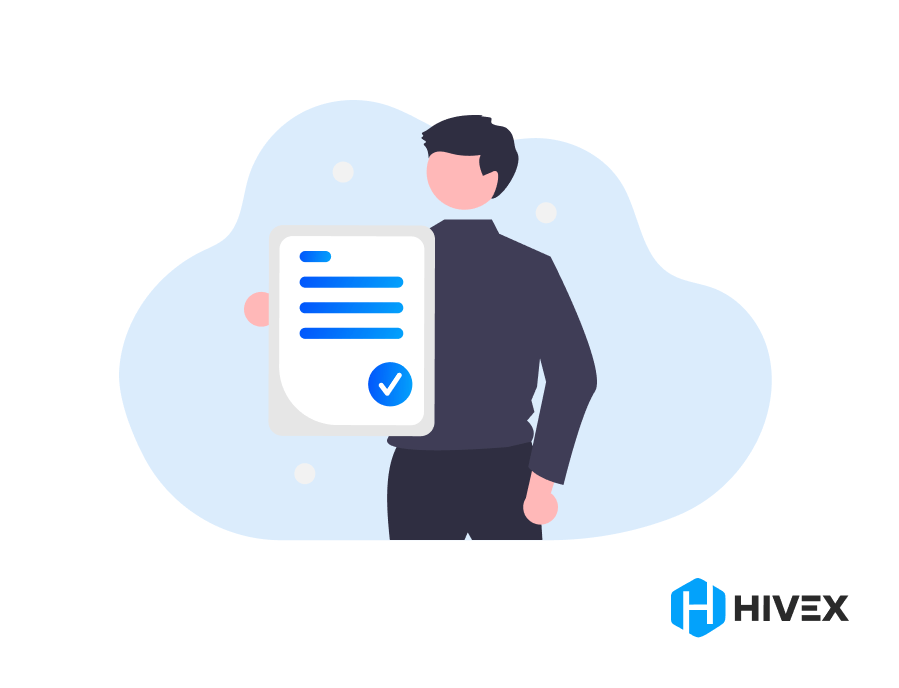
Key Responsibilities of a Blockchain Developer
Blockchain developers have diverse responsibilities that span different stages of development.
The key areas they focus on:
- Designing Blockchain Protocols
- Smart Contract Development
- Ensuring System Security
- Supervising Blockchain-Powered Web Services
- Integrating Solidity Code Across Platforms
- Blockchain Development Lifecycle Management
- Integrating Blockchain with Existing Applications
- Translating Requirements into Clean and Efficient Code
- Blockchain System Design, Development, and Testing
Now let’s take a closer look:
1. Designing Blockchain Protocols
Designing and implementing blockchain protocols is a crucial responsibility of a blockchain developer.
This involves developing consensus mechanisms, data structures, and algorithms that enable secure and reliable transaction validation. Developers need to consider factors such as scalability, performance, and security when designing these protocols.
When designing blockchain protocols, engineers must also consider the specific needs and requirements of the network they are working on.
For example, suppose they are developing a blockchain for a supply chain management system. In that case, they need to ensure that the protocol can handle many transactions and provide real-time visibility into the movement of goods.
2. Smart Contract Development
Smart contracts are self-executing contracts with predefined conditions written in code.
Blockchain developers play a vital role in developing and testing these smart contracts to ensure they function as intended and are secure against potential threats. This involves scrutinizing the code for vulnerabilities and confirming that the contracts perform their designed tasks effectively.
Also, engineers contribute to the development of distributed applications that leverage these smart contracts.
For instance, a blockchain developer could create a smart contract that automates the process of property title transfers. The smart contract would verify property ownership and handle the transfer of ownership automatically once the conditions are met, eliminating the need for intermediaries and paperwork.
In addition to developing smart contracts, blockchain developers also need to consider user experience when building distributed applications.
They must ensure that the applications are intuitive and user-friendly, making it easy for users to interact with the blockchain network and access the functionalities provided by the smart contracts.
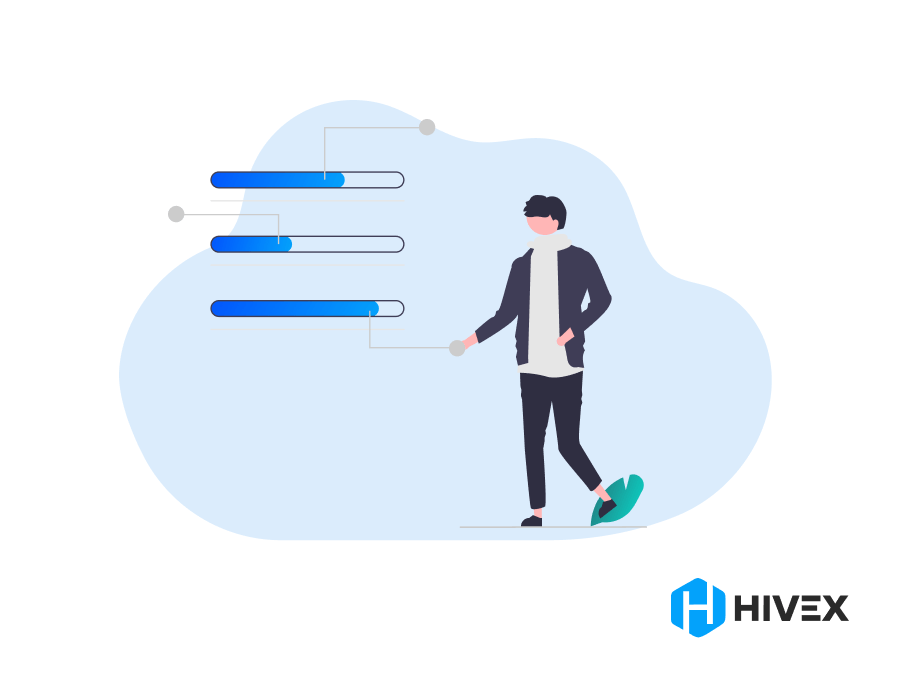
3. Ensuring System Security
Security is paramount in blockchain. Core blockchain developers are responsible for implementing robust security measures to safeguard the blockchain network and protect sensitive information.
This involves identifying potential vulnerabilities, implementing encryption algorithms, and continuous monitoring to detect and mitigate any potential threats.
Additionally, blockchain developers must stay updated with the latest security practices and technologies to stay one step ahead of potential attackers. They must be proactive in identifying and addressing security risks, ensuring that the blockchain network remains secure and trustworthy.
4. Supervising Blockchain-Powered Web Services
Developers are responsible for overseeing web services that integrate blockchain technology. This includes ensuring these services run smoothly, securely, and efficiently, while maintaining the integrity of the blockchain applications they support.
5. Integrating Solidity Code Across Platforms
A key responsibility is integrating Solidity, a programming language for writing smart contracts, across different blockchain platforms. This requires a deep understanding of how blockchain works across various environments and the ability to adapt code accordingly.
6. Blockchain Development Lifecycle Management
Blockchain developers manage the entire process of blockchain development. This encompasses the initial design, development, deployment, and ongoing maintenance of blockchain systems, ensuring each stage meets the required standards and objectives.
7. Integrating Blockchain with Existing Applications
Integrating blockchain technology into existing applications is a complex task. Developers must ensure that this integration is seamless, does not disrupt existing functionalities, and enhances application performance and security.
8. Translating Requirements into Clean and Efficient Code
This involves the ability to understand complex project requirements and translate them into clean, efficient, and effective code. It requires a blend of technical expertise and problem-solving skills.
9. Blockchain System Design, Development, and Testing
Developers are involved in the entire process of designing, building, and testing blockchain systems. This includes ensuring the systems are scalable, secure, and capable of handling the demands of the intended use cases.
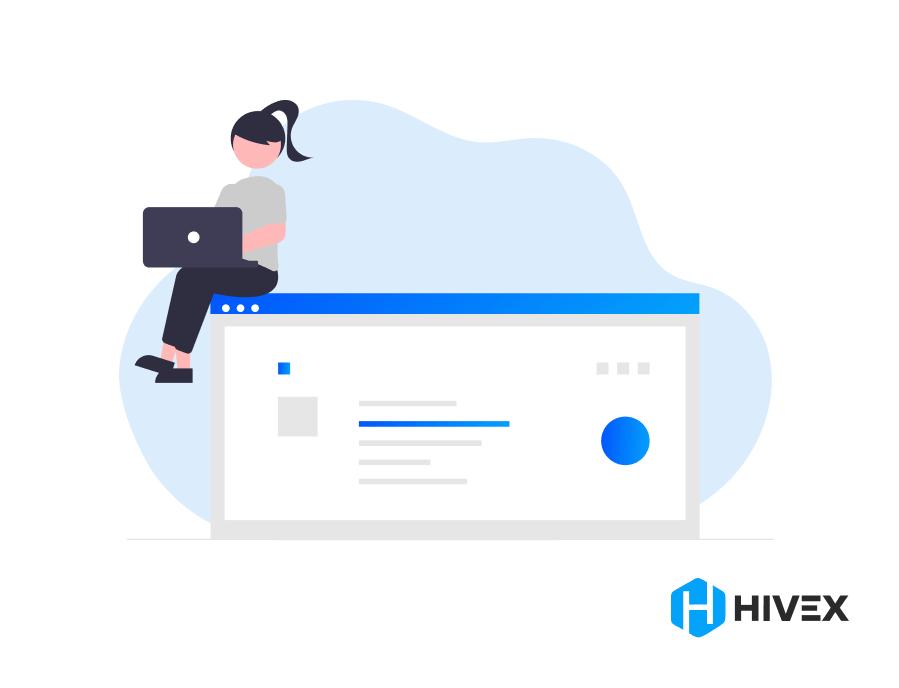
Career Path for a Blockchain Developer
A career as a blockchain developer offers exciting opportunities and significant room for growth. In this field, educational background and job prospects intertwine, setting the stage for a dynamic career path.
Educational Requirements and Skill Development
While there’s no specific degree requirement for becoming a blockchain developer, a strong foundation in computer science or software engineering is highly beneficial.
Mastery of programming languages, data structures, and algorithms lays the groundwork for effectively working with blockchain technology. This foundational knowledge is crucial for understanding and implementing distributed ledger technologies and decentralized applications.
Pursuing certifications like Certified Blockchain Developer (CBD) can demonstrate expertise and enhance blockchain developer job prospects. These certifications validate skills in developing smart contracts, managing blockchain nodes, and building user interfaces. They also highlight a candidate’s ability to work in a team environment and implement business logic in blockchain-based applications.
Continuous learning is vital. Blockchain software developers are always staying up to date with the latest advancements in technology. Engaging in online courses and workshops and participating in blockchain communities are excellent ways to learn blockchain and network with peers.
Job Prospects and Growth Opportunities
Blockchain developer jobs span across various industries, showcasing this technology’s versatility and widespread application.
Startups are fertile grounds for innovation, offering blockchain developers a chance to work on groundbreaking projects and gain invaluable experience. Blockchain software developers in these environments often wear multiple hats, sometimes functioning as full-stack developers.
Advanced roles such as blockchain architect or project manager are possible career paths.
As a blockchain architect, one designs and implements scalable, secure, and efficient blockchain solutions. Project managers, on the other hand, oversee the development and implementation of projects, ensuring they meet objectives.
Entrepreneurial blockchain developers can start their own ventures, capitalizing on blockchain technology’s burgeoning potential. By leveraging their blockchain developer skills and expertise, they can pioneer innovative solutions and drive the industry forward.
In summary, a career as a blockchain developer is not just about mastering technology; it’s about being part of an evolving landscape that demands continuous learning, adaptability, and a passion for innovation.
Whether it’s in a corporate setting, a dynamic startup environment, or an entrepreneurial venture, the opportunities for growth and impact are immense.
Challenges and Rewards of Being a Blockchain Developer
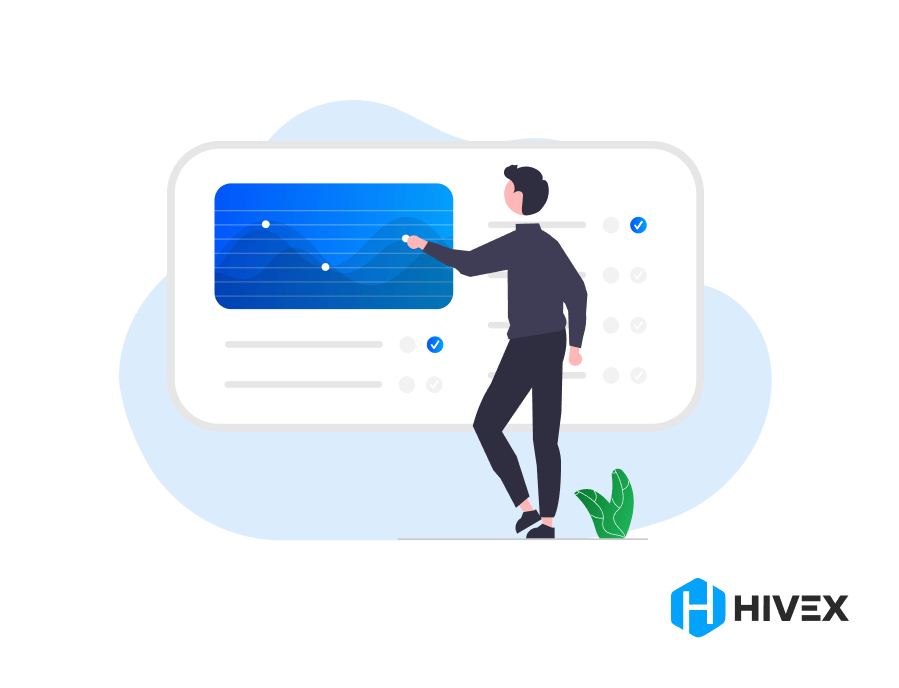
Common Challenges Faced by Blockchain Developers
Blockchain development, while exciting, presents several challenges.
The blockchain network and blockchain architecture are relatively new and constantly evolving. Developers, including those transitioning from web development to blockchain, need to continuously upgrade their skills and adapt to new technologies.
Blockchain developer skills involve not just understanding cryptographic hash functions and digital signatures, but also staying abreast of new tools and advancements in the field.
Interoperability is a hurdle. As more companies adopt blockchain solutions, developers must ensure compatibility between existing systems and distributed ledger technology.
This requires a clear understanding of different blockchain protocol architectures and the ability to integrate them with traditional systems.
Security is key to blockchain. Given that blockchain networks handle sensitive data and financial transactions, robust security measures are crucial.
Developers need to be vigilant against threats such as hacking and data breaches, which requires a deep understanding of network security and blockchain’s inherent security features.
The Rewards and Benefits of a Career in Blockchain Development
Despite these challenges, the field offers numerous rewards.
Blockchain developers have the unique opportunity to work at the forefront of a technology that’s shaping multiple industries.
The growing interest in blockchain skills, especially in developing smart contracts and understanding blockchain protocol architecture, makes this field highly dynamic and rewarding.
Financially, the prospects are bright. The surge in cryptocurrencies like Bitcoin and blockchain solutions has led to lucrative job offerings. Job postings for blockchain roles often list competitive salaries, reflecting the high demand for this expertise.
Job satisfaction is another significant benefit. Blockchain developers work closely with professionals across various industries, including finance, healthcare, and supply chain.
This collaboration leads to a broader understanding of different domains and enhances problem-solving skills.
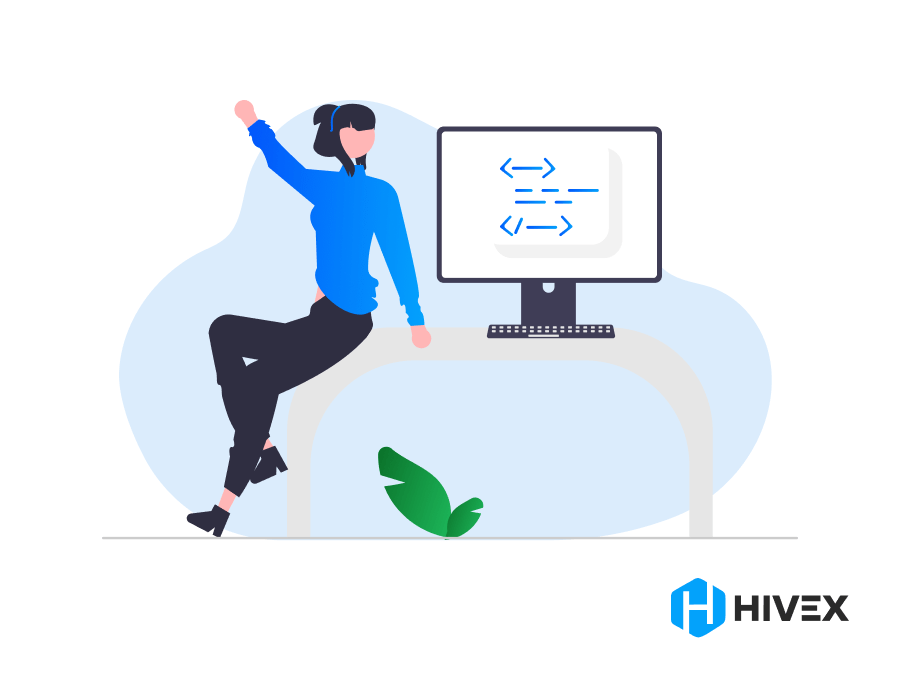
Many blockchain developers enjoy flexibility in their work arrangements. The ability to work remotely, or as a freelancer, offers a desirable work-life balance. This flexibility, combined with the autonomy to select projects, is particularly attractive in the technology sector.
In summary, being a blockchain developer involves navigating through a landscape of rapid change and complex challenges, but it also offers significant rewards in terms of professional growth, financial benefits, and job satisfaction.
The role demands continuous learning and adaptation to new technologies, but it also provides the thrill of working at the cutting edge of artificial intelligence, software engineering, and distributed ledger technology.
Conclusion
In conclusion, a blockchain developer’s role is crucial in leveraging blockchain technology to create secure, transparent, and efficient solutions. Technical skills, strong problem-solving abilities, and effective communication are key to excelling in this field.
For companies venturing into blockchain, these developers are invaluable assets, driving innovation and ensuring the secure implementation of blockchain solutions. The demand for skilled blockchain professionals is on the rise, highlighting the growing significance of blockchain technology in various sectors.
Read also: Top 15 Sites to Hire Great Remote Developers in 2024
